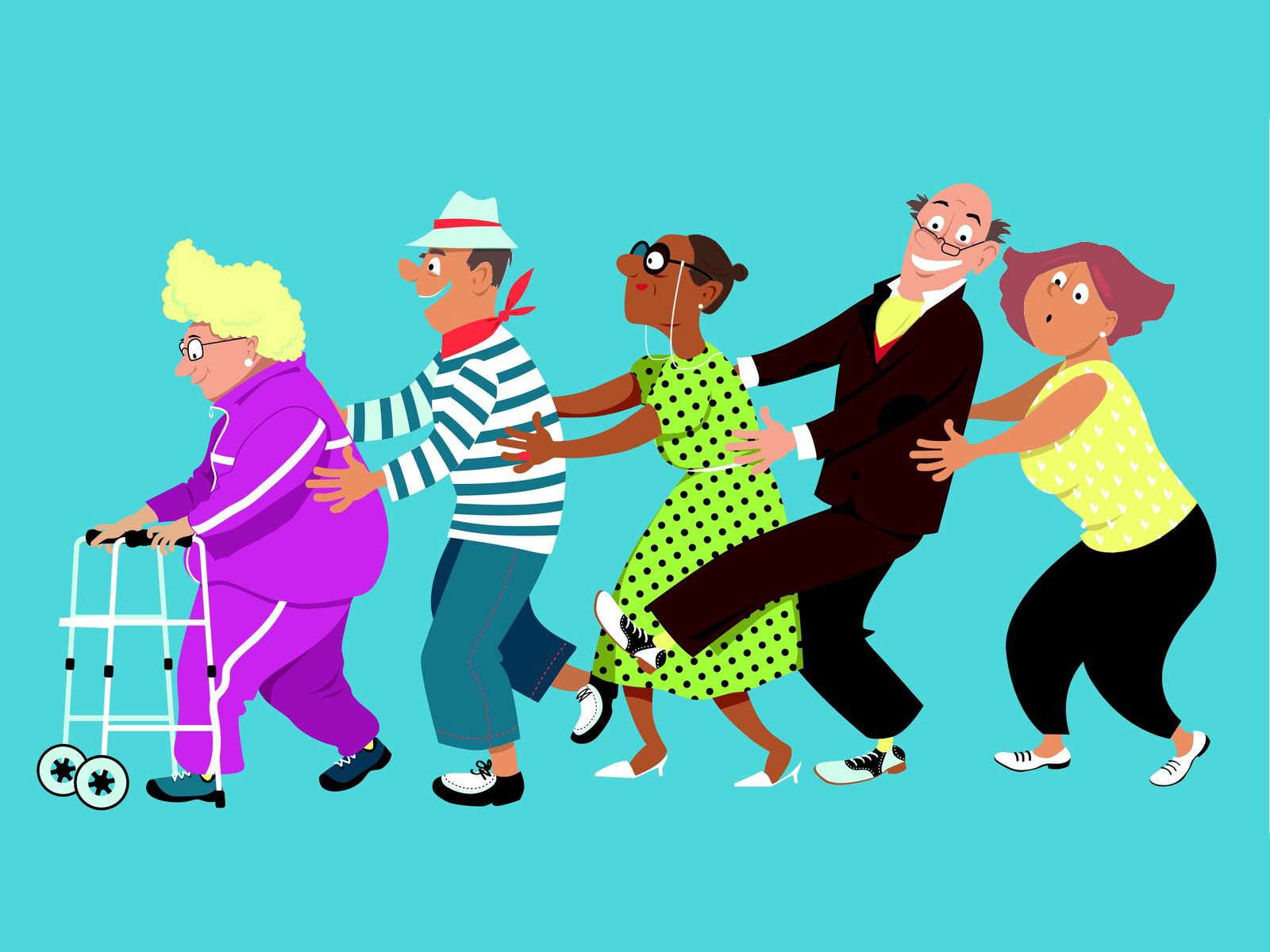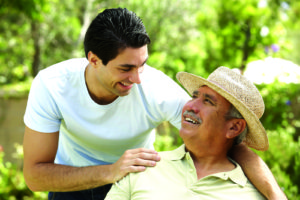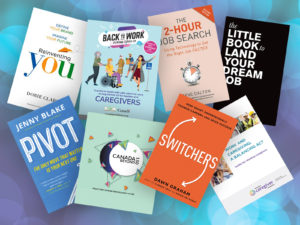We’re here to help:
• 3/4 of Canadians informally volunteer
• 3.4 billion hours are given annually
• 12 per cent of volunteers account for 78 per cent of the tracked hours
• 25 per cent of volunteers give up to 132 hours each annually.

What makes for a great volunteer?
Unsure about what you have to offer? Most organizations are looking for some of the skills you already have that can be transferred from other parts of your life. Here are the top three:
1) Reliability: you show up as promised.
2) Interpersonal skills: you connect, motivate and encourage others on the team.
3) Ability to learn quickly: you’re flexible and adapt as you build up your expertise.

All in the family
Getting behind a cause together has been a popular way for immediate and extended families to socialize while giving back. Family volunteering provides an opportunity to feel warm and fuzzy as a team, and it also puts a significant and strong push behind an event or cause the family feels passionate about.

Making a difference!
Annually, about 17 billion hours are contributed by almost 13 million Canadians on a formal basis to charities, not-for-profits and community organizations.

Forget the banquets
Most people prefer to work directly with the people who benefit from their help and say that they don’t want banquets, recognition awards or fancy certificates. Instead, they’d like to be thanked and recognized in private and personal ways.

Informal vs formal
Directly helping people outside the household or improving the community without an organization behind your efforts is considered “informal” volunteering. On the other hand, when activities are done without pay on behalf of a group or organization that is leading the effort, volunteering is considered “formal.”

What kind of volunteer are you?
Groupie: You thrive on the camaraderie of a group and like to have fun while you’re getting results.
Juggler: You’re a dynamo who enjoys giving your time to a variety of organizations.
Cameo: You have an unpredictable lifestyle so you can’t do regular or routine tasks but you’ll make an appearance when it counts.
Rookie: You’re cautious but you’ve started to think it’s time to make a difference and start giving back.Roving: You have a specific skill set that you’d like to offer to more than one organization.
Type A: You’re a multi-tasking leader who says “yes”often and means it.

High retention
Skills-based matching is the key to recruiting and keeping baby boomers with professional or management experience committed to the cause.

Making a difference in minutes
“Micro-volunteering” generally refers to easy, no-commitment, cost-free actions that take less than 30 minutes to complete. There is usually little or no formal agreement needed before a volunteer can get started, and no expectation that the volunteer will return. Micro-volunteering is a way to involve those who can’t afford or aren’t able to commit to something longer term.

Employer-supported volunteering (ESV)
ESV has opened up opportunities for employees to volunteer, with support or encouragement from their employers. The levels of support may differ from workplace to workplace, and employers can provide support by allowing time off for volunteering or providing in-kind support to community causes. Building pre-retirement awareness around volunteering and incorporating volunteerism into retirement planning seminars can help introduce the concept of volunteering as a fulfilling future opportunity.

Did you know?
Fundraising is the #1 activity that volunteers were engaged in, with almost half saying they helped raise money for their cause.





